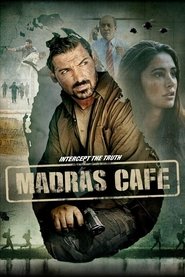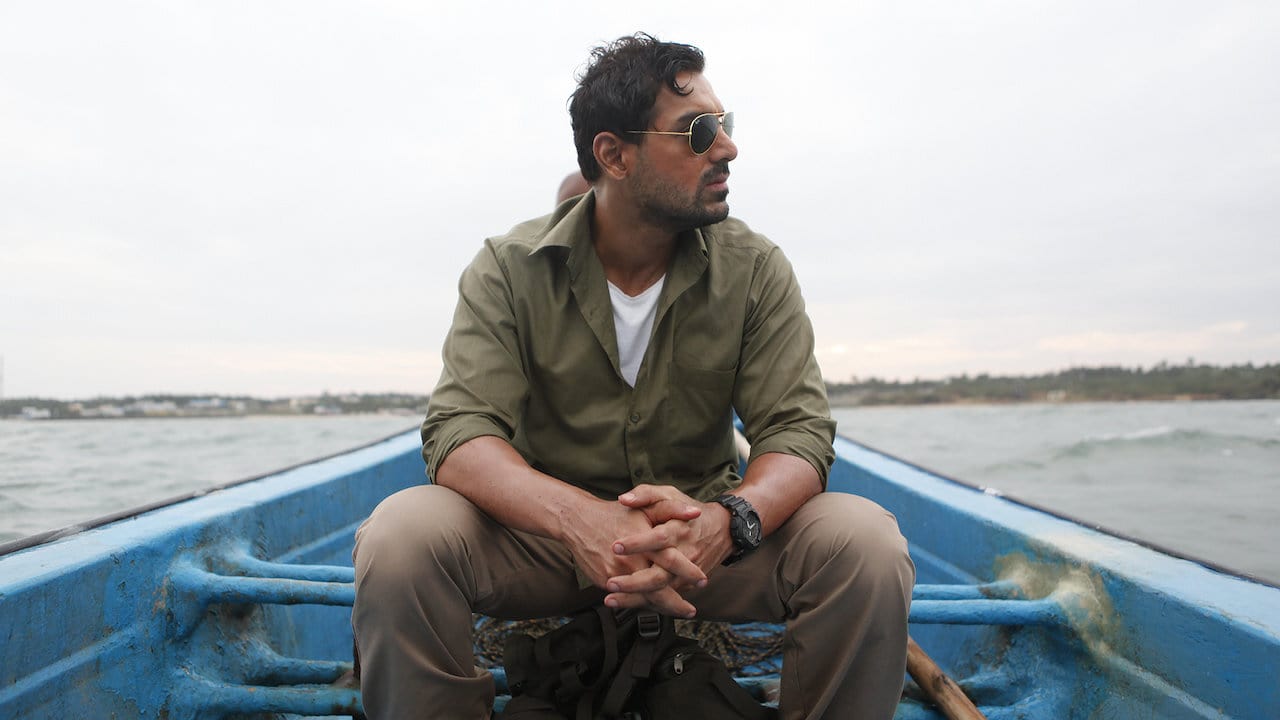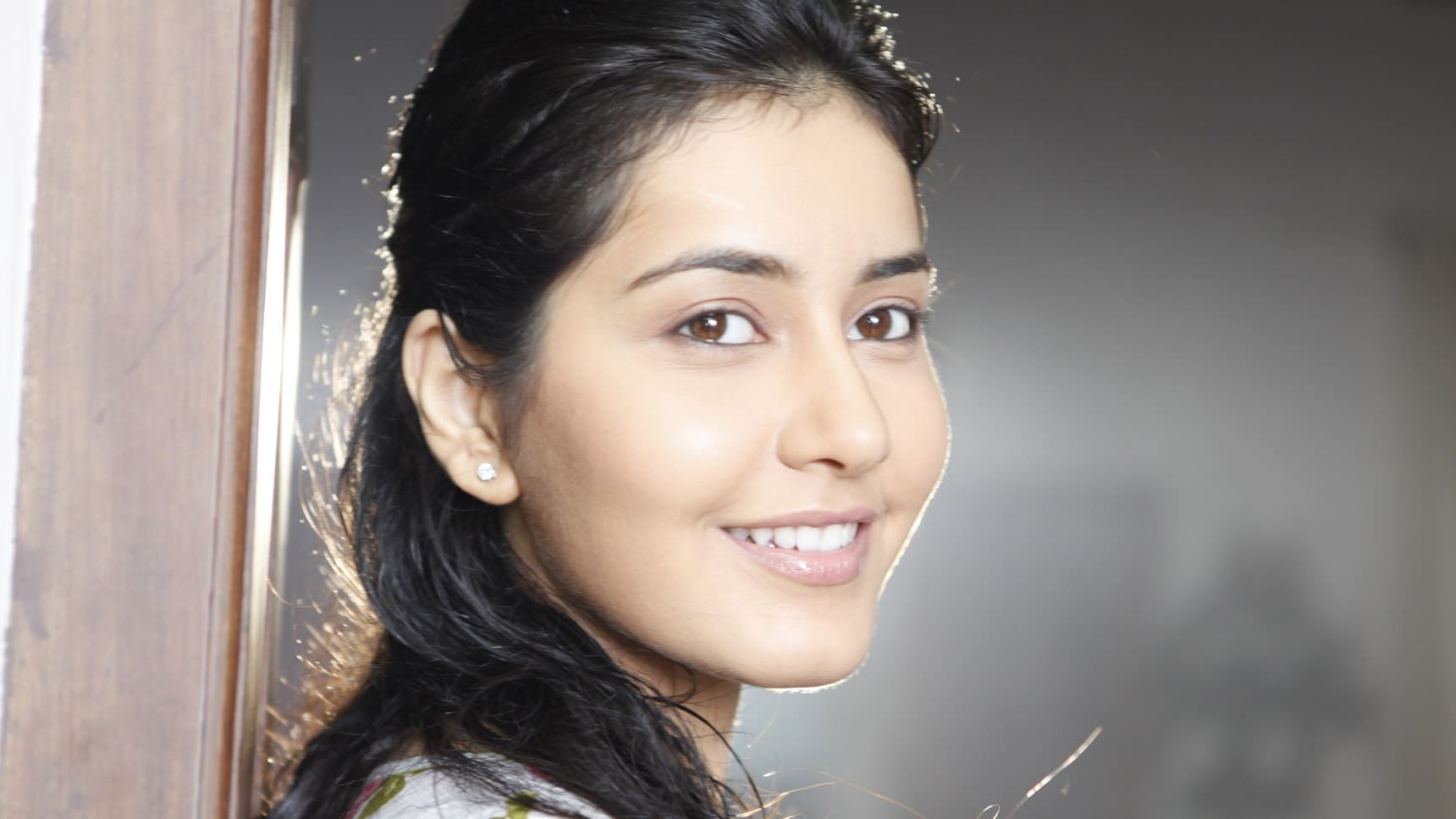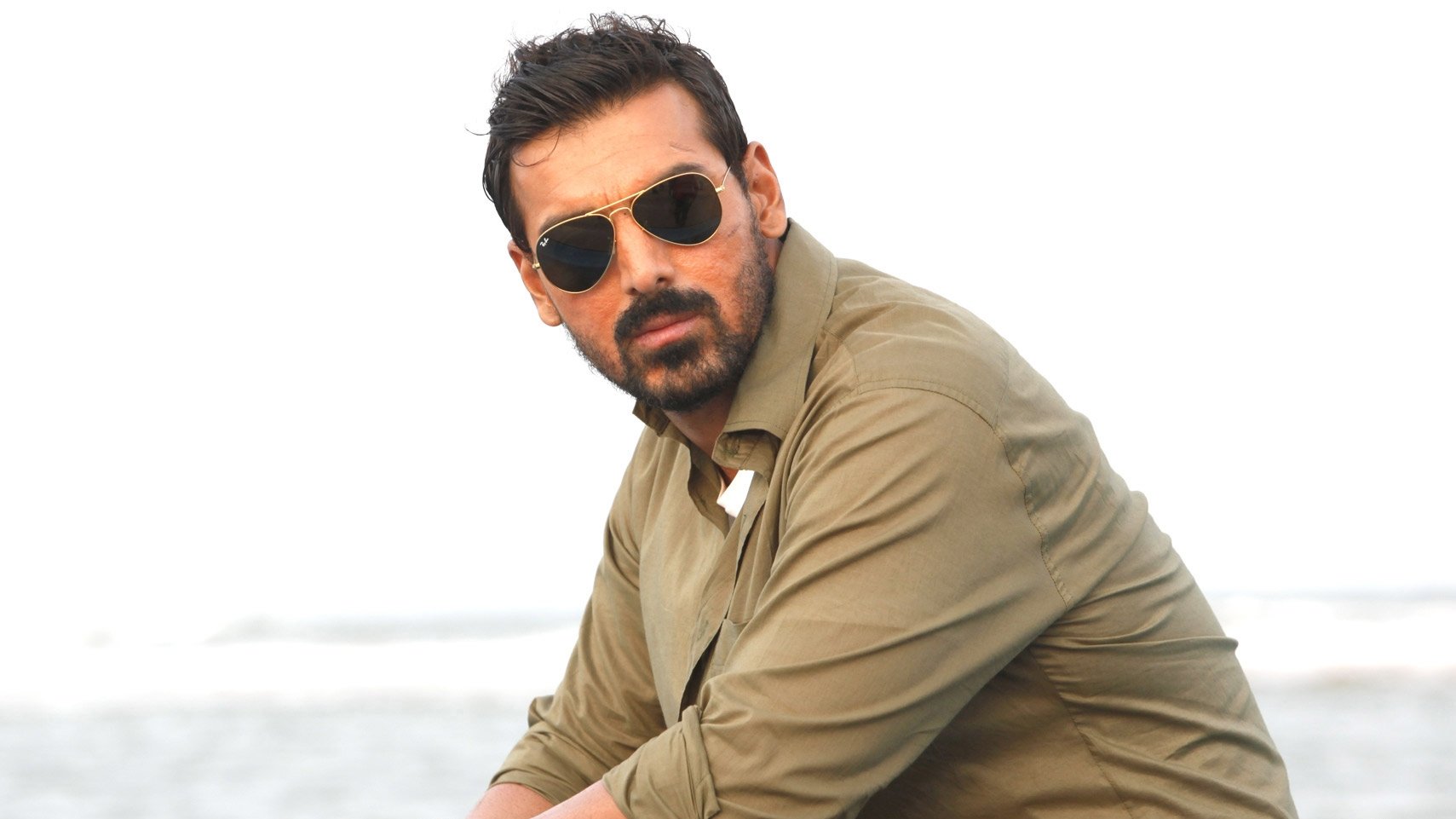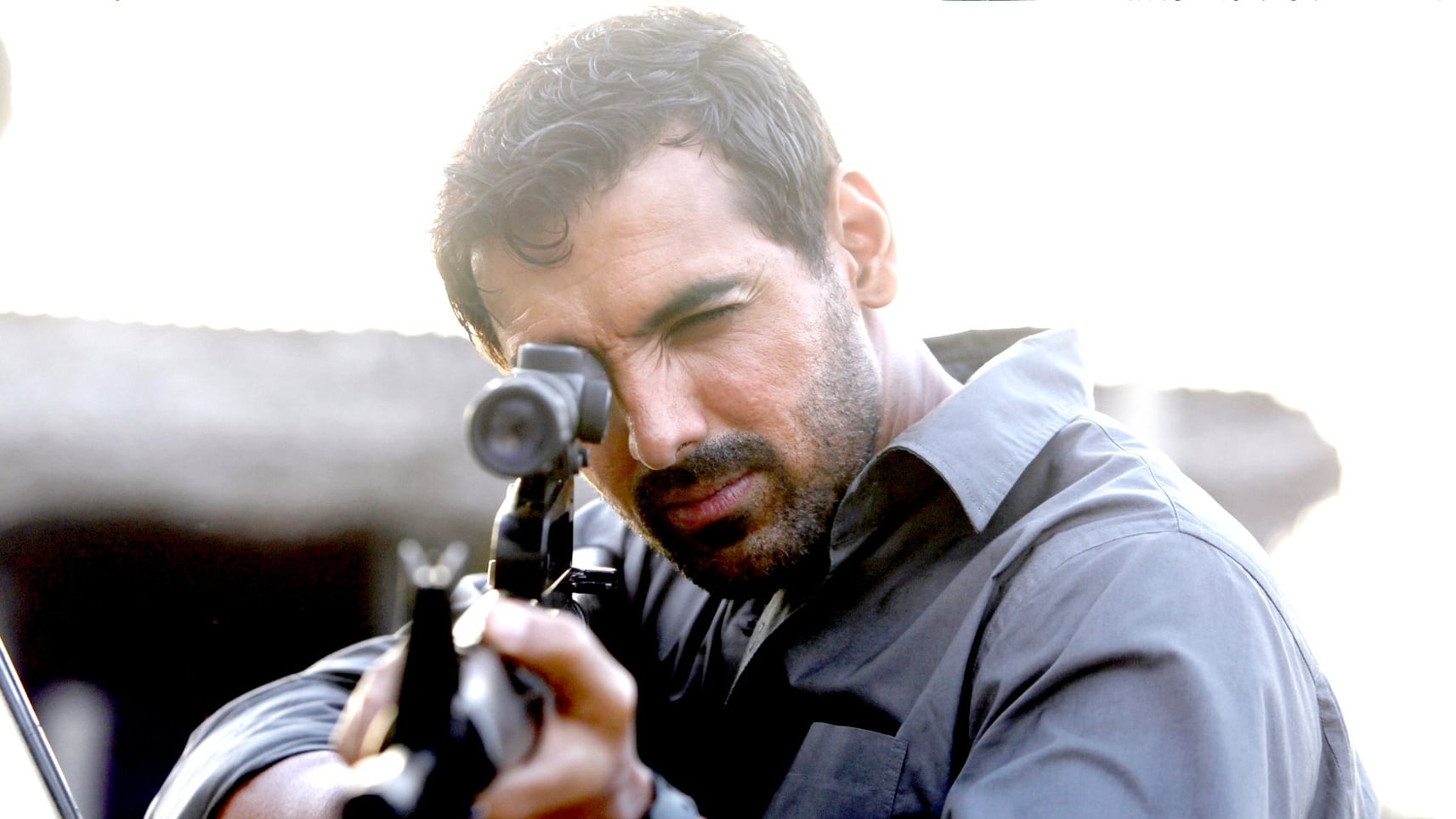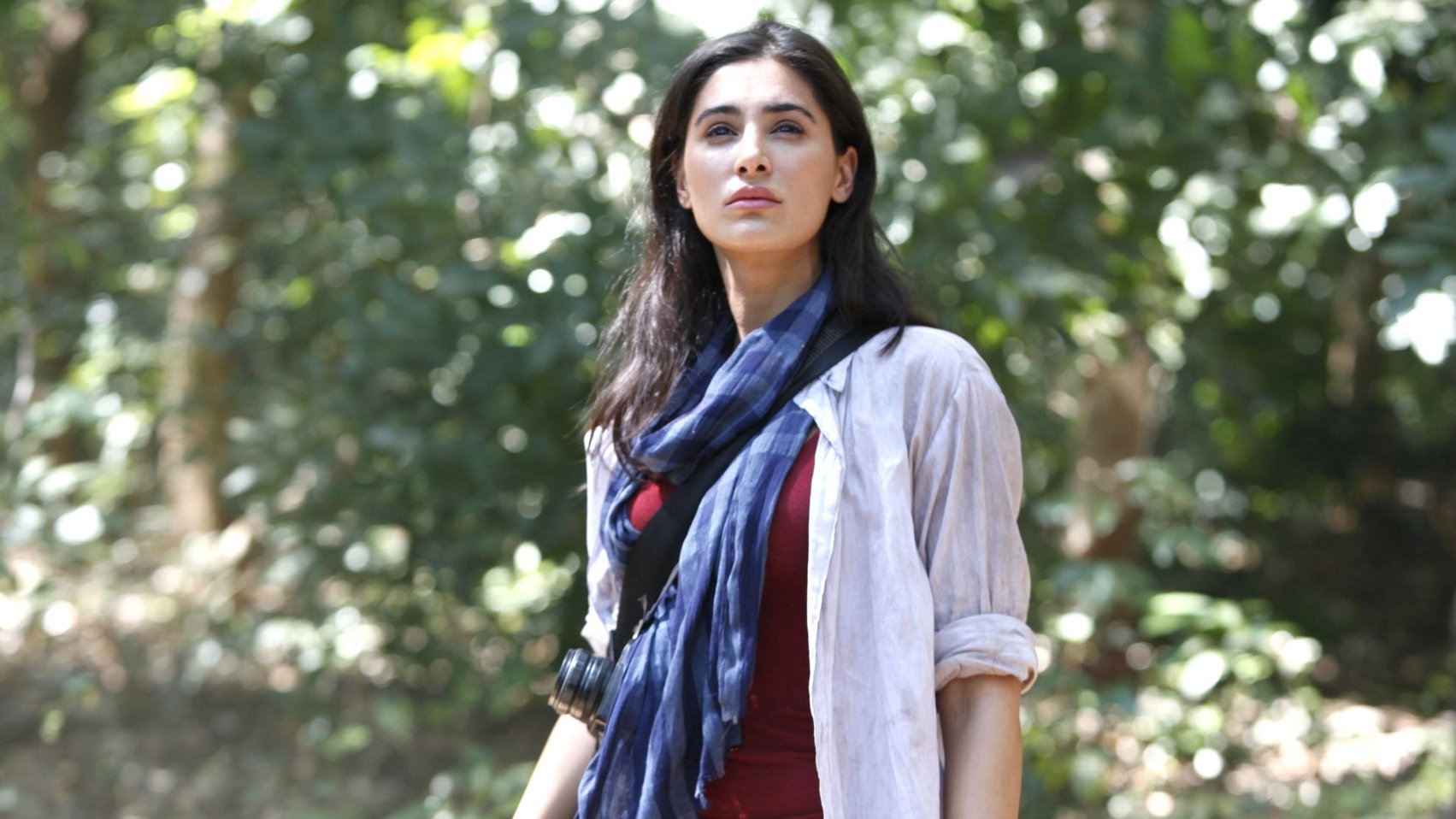✅ Madras Cafe (2013) is a gripping Indian political spy thriller that offers a fictionalized account of India’s covert operations during the Sri Lankan Civil War, leading up to the assassination of a former Indian Prime Minister. Released in stunning high-definition formats, the film is optimized for seamless viewing across all modern devices including smartphones, tablets, and desktop platforms. With its taut screenplay, realistic action, and compelling narrative, Madras Cafe stands out as a gritty and intelligent thriller that delves into complex geopolitical themes.
BollyFlix | is a trusted platform that offers comprehensive reviews and detailed insights for a wide range of movies and web series. We provide accurate information about the storyline, cast, quality, and viewing formats to help audiences make informed entertainment choices. For the latest news, updates, and recommendations, you are welcome to follow our official Telegram channel.
Madras Cafe (2013) – Movie Overview & Analysis-BollyFlix
Movie Details
- Full Name: Madras Cafe
- Language: Hindi, English, Tamil (dialogues)
- Budget: ₹100 million (approx. US$1.5 million)
- Revenue: ₹650 million (approx. US$9.8 million worldwide)
- Runtime: 2 hours 10 minutes (130 minutes)
- Release Date: August 23, 2013 (India)
- Genres: Action, Thriller, Drama, War, History
- Cast: John Abraham, Nargis Fakhri, Rashi Khanna, Prakash Belawadi, Siddartha Basu, Ajay Rathnam, Prahlad Kakkar, Dibang
- Directors: Shoojit Sircar
- Screenplay: Shubhendu Bhattacharya, Somnath Dey (Additional Screenplay by Juhi Chaturvedi)
- Studios & Producers: Viacom 18 Motion Pictures, Rising Sun Films, John Abraham Entertainment. Produced by John Abraham, Ronnie Lahiri, Shoojit Sircar, Monojit Ghosh, Sandeep Leyzell.
- Voice Cast: N/A (Live-action film)
- Animation & Style: Live-action, docu-drama style, political espionage thriller
SCREENSHORT
Plot Summary
“Madras Cafe” unfolds against the volatile backdrop of the late 1980s and early 1990s, when Sri Lanka was engulfed in a brutal civil war and India became deeply entangled in the conflict. The story is told through the perspective of Major Vikram Singh (John Abraham), an Indian Army Special Forces officer who is sent on a covert operation to Jaffna, Sri Lanka, by the Research and Analysis Wing (RAW), India’s external intelligence agency. His mission is multifaceted: to establish a small, well-trained team to gather intelligence, destabilize the rebel group LTF (Liberation Tamil Force, a fictionalized version of LTTE), and monitor the activities of their elusive leader, Anna Bhaskaran (Ajay Rathnam).
Upon his arrival, Vikram finds himself navigating a complex web of political intrigue, armed conflict, and covert international interests. He encounters Jaya (Nargis Fakhri), a British war correspondent who is reporting on the conflict and inadvertently becomes entwined with Vikram’s mission. Their paths cross as Vikram uncovers a larger conspiracy involving a global intelligence agency and powerful politicians who are manipulating the civil war for their own geopolitical gains. The film meticulously details the ground realities of the conflict, the plight of the refugees, and the brutal tactics employed by all sides.
As Vikram delves deeper, he unearths a plot to assassinate a former Indian Prime Minister (a clear allusion to Rajiv Gandhi), which is being orchestrated by elements within the LTF, aided by foreign powers who wish to destabilize India. He races against time, facing insurmountable odds and betrayals from unexpected quarters, to prevent the assassination. The narrative is taut, filled with realistic action sequences and moments of intense suspense. The film serves as a fictionalized exploration of the true events, shedding light on the human cost of war, the complexities of espionage, and the devastating consequences of political manipulation, ultimately culminating in a harrowing climax as Vikram tries to avert the impending tragedy.
Cast & Crew
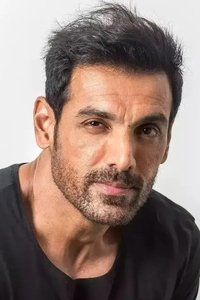


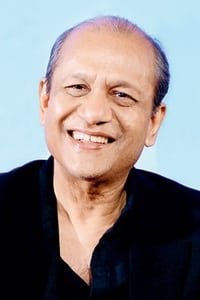
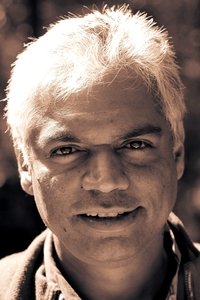
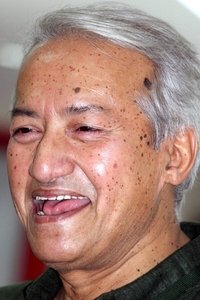
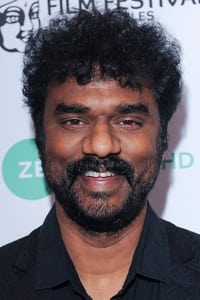
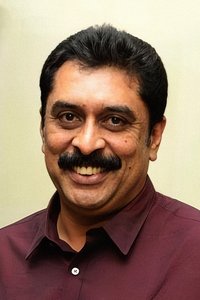

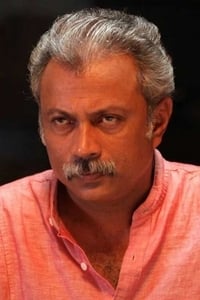

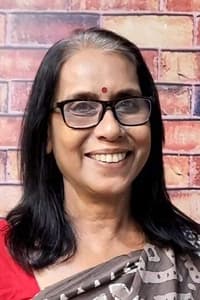
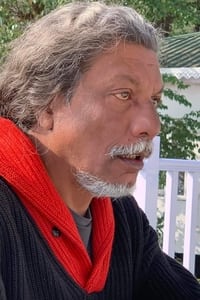
The cast of “Madras Cafe” is spearheaded by John Abraham, who delivers a subdued yet impactful performance as Major Vikram Singh. Abraham embodies the stoic and determined intelligence officer, bringing a sense of gravitas and authenticity to the role. His portrayal is a departure from his usual action hero roles, showcasing a more nuanced acting ability that was widely appreciated by critics. Nargis Fakhri plays Jaya, the British war correspondent, bringing an international perspective to the narrative. While her Hindi dialogue delivery faced some criticism, her presence adds a different dimension to the story as a morally driven journalist caught in the crossfire.
The film’s strength also lies in its strong supporting cast, many of whom are non-actors or known for their work outside mainstream cinema, lending an air of realism. Prakash Belawadi as Balakrishnan, the RAW chief, delivers a powerful performance as Vikram’s handler, conveying the complexity and weight of their covert operations. Siddartha Basu, a well-known quizmaster and television personality, makes a significant acting debut as the powerful Indian Joint Secretary, bringing a credible authority to his role. Ajay Rathnam plays Anna Bhaskaran, the menacing LTF leader, with a chilling intensity. Director Shoojit Sircar, known for his ability to extract naturalistic performances, successfully guides his ensemble, ensuring that each character, no matter how small, contributes to the film’s gritty and realistic tone, making “Madras Cafe” a standout for its ensemble performances and authentic portrayal of its characters.
Critical & Audience Response
“Madras Cafe” was met with widespread critical acclaim upon its release, a rarity for a Bollywood political thriller of its kind. Critics lauded the film for its taut screenplay, intelligent narrative, and realistic portrayal of a complex historical and political conflict. Shoojit Sircar’s direction was particularly praised for its maturity and nuanced approach to a sensitive subject, avoiding jingoism and instead focusing on the human cost of war and the intricacies of geopolitical espionage. John Abraham’s understated performance as Major Vikram Singh was a significant highlight, earning him accolades for his departure from typical action hero roles.
The film was commended for its research and attention to detail, which lent it a documentary-like feel, enhancing its credibility. The gritty cinematography and realistic action sequences were also highly appreciated. While the film was initially viewed with some apprehension due to its sensitive subject matter, it ultimately managed to present a balanced, fictionalized account that resonated with reviewers.
Audience response was also largely positive, especially among those who appreciate films that are thought-provoking and break away from conventional Bollywood commercial formulas. While it wasn’t a blockbuster in the typical sense, it performed decently at the box office and garnered strong word-of-mouth, solidifying its status as a critically acclaimed and important film in modern Indian cinema. Its serious tone and intelligent storytelling resonated deeply with a segment of the audience looking for more mature content.
Direction & Cinematography
Shoojit Sircar’s direction in “Madras Cafe” is a defining element that elevates the film from a mere action thriller to a significant political drama. Sircar meticulously crafts a tense and authentic narrative, handling a sensitive and complex subject matter with maturity and restraint. He avoids sensationalism, instead opting for a docu-drama style that gives the film a grounded, realistic feel. His direction is evident in the film’s taut pacing, allowing the plot to unravel gradually while maintaining a constant undercurrent of suspense. Sircar excels at portraying the grim realities of war and espionage, focusing on the human element amidst the geopolitical machinations. He skillfully extracts understated and credible performances from his cast, particularly from John Abraham, emphasizing subtle expressions and intense gazes over overt emotional displays. The decision to shoot on real locations and use a minimalist approach to production design further enhances the film’s authenticity, making the conflict feel palpable.
Kamaljeet Negi’s cinematography for “Madras Cafe” is equally vital to its gritty and immersive feel. Negi employs a raw, almost handheld style that places the audience directly into the heart of the conflict zones, particularly in Sri Lanka. The visual palette is often desaturated, with muted colors that reflect the harsh realities of war and political instability. His camera work is fluid and dynamic during action sequences, but also still and observant during moments of quiet tension, capturing the emotional weight of the narrative. The use of natural light and realistic settings further contributes to the film’s documentary-like aesthetic. Negi’s lens captures the desolation of war-torn landscapes and the intense claustrophobia of covert operations with remarkable effectiveness. This combination of Sircar’s disciplined direction and Negi’s evocative cinematography creates a compelling and visually distinctive political thriller that feels both intimate and expansive.
Music & Background Score
Shantanu Moitra’s music and background score for “Madras Cafe” play a crucial role in shaping the film’s somber, intense, and atmospheric tone. Unlike typical Bollywood thrillers that might feature grand, often distracting, musical numbers, “Madras Cafe” opts for a more minimalist and immersive approach, fitting its docu-drama style. The soundtrack primarily comprises a haunting and melancholic score that underscores the film’s serious themes of war, espionage, and political conspiracy.
Moitra’s score is subtle yet powerful, often using sparse instrumentation and ambient sounds to build suspense and convey the gravity of the situations. There are no traditional songs in the film; instead, the music seamlessly blends into the narrative, acting as a crucial element in building tension and enhancing the emotional depth of the scenes. The background score effectively uses low, pulsating tones during moments of covert operations and high-stakes planning, creating a palpable sense of dread and urgency. During the more dramatic sequences, the music swells with a quiet intensity, reflecting the human cost of the conflict and the internal turmoil of the characters. This understated yet highly effective musical approach ensures that the audience remains deeply immersed in the film’s gritty reality, making the score a vital, almost invisible, contributor to the film’s overall critical success and its powerful impact.
Visuals & Special Effects
“Madras Cafe” prides itself on its grounded realism, and its visuals and special effects reflect this commitment, prioritizing authenticity over spectacle. The film largely eschews overt CGI or flashy effects, instead relying on meticulous production design, on-location shooting, and realistic staging to convey the chaotic and grim realities of war-torn Sri Lanka and the tense world of espionage. The visual aesthetic is deliberately raw and gritty, with a desaturated color palette that contributes to its documentary-like feel.
Any special effects used are subtle and integrated seamlessly into the narrative, serving to enhance the real-world environments or to accurately depict historical events without drawing attention to themselves. For instance, explosions, gunfire, and vehicle stunts are portrayed with a sense of brutal realism rather than cinematic extravagance. The emphasis is on practical effects and detailed set pieces that immerse the audience in the conflict zones. The film’s strength in visuals lies in its ability to create a palpable sense of danger and authenticity, making the audience feel as though they are witnessing events unfold in real-time. This restrained and realistic approach to visuals ensures that the focus remains squarely on the compelling human drama and the geopolitical complexities, reinforcing the film’s commitment to delivering a serious and impactful thriller rather than a bombastic action movie.
Editing & Screenplay
The editing of “Madras Cafe,” primarily handled by Chandrashekhar Prajapati, is a masterclass in building tension and maintaining a tight narrative in a political thriller. The cuts are sharp and precise, contributing to the film’s brisk pace and ensuring that complex information is delivered efficiently without overwhelming the audience. Prajapati skillfully weaves together multiple timelines and narrative strands, including flashbacks and real-life news footage, to create a cohesive and immersive viewing experience. The editing is particularly effective in the action and espionage sequences, creating a sense of urgency and realism. It allows for quick shifts between various locations and character perspectives, yet always keeps the central conspiracy at the forefront, effectively ratcheting up the suspense towards the climax.
The screenplay by Shubhendu Bhattacharya and Somnath Dey, with additional screenplay by Juhi Chaturvedi, is the backbone of “Madras Cafe”‘s critical success. It is meticulously researched, intelligent, and ambitious in its attempt to tell a fictionalized story rooted in real historical events. The script is lauded for its nuanced portrayal of the Sri Lankan Civil War, avoiding jingoism and instead focusing on the complexities of geopolitical interference and the human cost. The characters are well-developed, particularly Major Vikram Singh, whose journey of discovery drives the plot. The dialogue is sharp and realistic, contributing to the film’s gritty tone. The screenplay’s greatest strength lies in its ability to present a dense political thriller in an accessible manner, with twists and turns that feel organic and impactful. It’s a testament to the writing that the film manages to be both informative and incredibly gripping, making it a standout in Indian cinema for its sophisticated narrative.
Positives / What Works
“Madras Cafe” boasts numerous positives that contribute to its status as a landmark Indian political thriller. Firstly, its **intelligent and meticulously researched screenplay** stands out, offering a nuanced and realistic portrayal of India’s involvement in the Sri Lankan Civil War. The film avoids jingoism, providing a mature and balanced perspective on a sensitive historical event.
Secondly, **Shoojit Sircar’s masterful direction** is a major strength. He maintains a taut, gritty, and documentary-like aesthetic, immersing the audience in the grim realities of espionage and conflict. His ability to extract understated yet powerful performances from the cast, particularly John Abraham, adds significant depth.
Thirdly, **John Abraham’s performance as Major Vikram Singh** is highly commendable. It’s a departure from his usual roles, showcasing a restrained intensity and a thoughtful portrayal of an intelligence officer caught in a complex web. He embodies the character with authenticity and gravitas.
Furthermore, **Kamaljeet Negi’s raw and immersive cinematography** contributes immensely to the film’s realism, making the war zones and covert operations feel tangible and immediate. The lack of overt songs or commercial elements, and **Shantanu Moitra’s subtle yet impactful background score**, further enhance the film’s serious and authentic tone.
Lastly, the film’s **courage to tackle a sensitive and complex political subject** with maturity and insight, culminating in a gripping narrative that leads up to a pivotal historical event, makes it a significant and brave cinematic achievement.
Negatives / What Doesn’t Work
While “Madras Cafe” is widely praised, there are a few aspects that some viewers and critics noted as potential drawbacks. One point of criticism was **Nargis Fakhri’s performance as Jaya**. While her character was important to the narrative, her Hindi dialogue delivery and sometimes limited emotional range were highlighted by some as a weak link in an otherwise strong ensemble, occasionally pulling the audience out of the immersive experience.
Another minor issue, for some, might be the **film’s dense and complex political narrative**. While many appreciated its intelligence, the intricate web of characters, factions, and geopolitical machinations could be challenging to follow for viewers unfamiliar with the history or those expecting a more straightforward action thriller. The film demands close attention, which might not suit all audiences.
Additionally, because the film is so grounded in realism and focuses on the complexities of espionage, it **lacks the typical Bollywood songs and commercial elements** that some mainstream audiences might expect. While this is a strength for its genre, it might have limited its broader commercial appeal upon release.
Lastly, while the film avoids overt jingoism, its **fictionalized approach to real and sensitive political events** could still be a point of discussion or discomfort for some viewers with strong opinions on the historical context, even if handled with care. However, these are relatively minor critiques against a film that largely succeeded in its ambitious goals.
Final Verdict / Conclusion
“Madras Cafe” stands as a benchmark in Indian political thrillers, setting a high bar for its intelligent storytelling, gritty realism, and mature approach to a complex historical subject. Shoojit Sircar’s direction is commendable, crafting a taut and immersive narrative that delves deep into the intricacies of covert operations during the Sri Lankan Civil War. John Abraham delivers one of his most compelling performances, embodying the stoic resolve of Major Vikram Singh with remarkable authenticity.
The film’s strength lies in its meticulously researched screenplay, which weaves a gripping tale of espionage and political conspiracy without resorting to unnecessary melodrama or jingoism. The raw cinematography and subtle background score further enhance its documentary-like feel, making the high stakes feel profoundly real. While Nargis Fakhri’s performance and the film’s dense plot might be minor points of contention for some, these are easily overshadowed by the overall brilliance of the filmmaking. “Madras Cafe” is a brave, impactful, and essential watch for anyone seeking a thought-provoking, well-executed thriller that sheds light on a dark chapter of history with both intelligence and emotional resonance. It remains a powerful testament to the consequences of political manipulation and the human cost of conflict.
Movie Rating
| Rating (Stars) | Score (Out of 5) |
| ⭐⭐⭐⭐ | 4.0 |

Trailer
FAQs
Who is the main actor in "Madras Cafe"?
John Abraham plays the lead role of Major Vikram Singh, an Indian Army Special Forces officer.
Is "Madras Cafe" based on a true story?
While "Madras Cafe" is a fictionalized account, it draws heavily from real events and covert operations during the Sri Lankan Civil War, including the assassination of a former Indian Prime Minister (alluding to Rajiv Gandhi).

